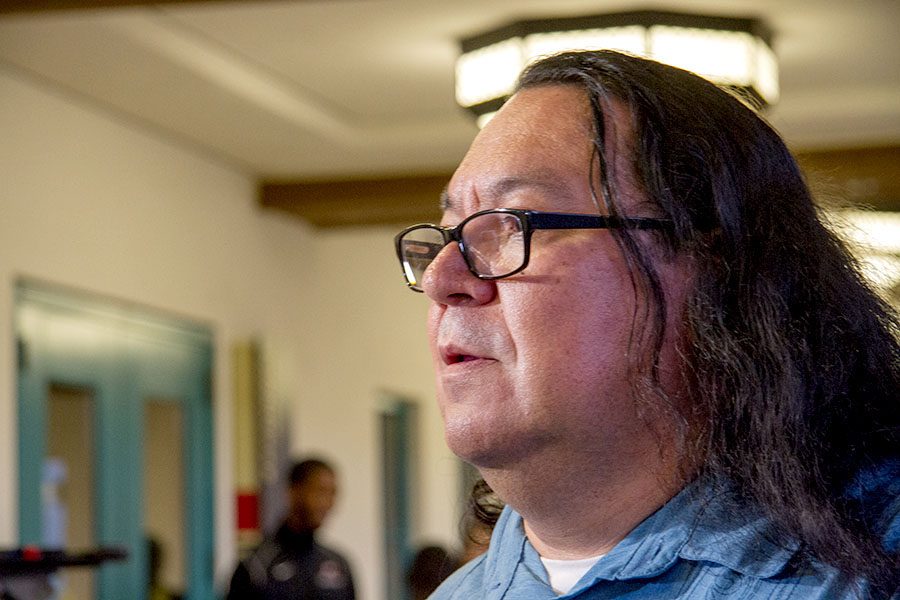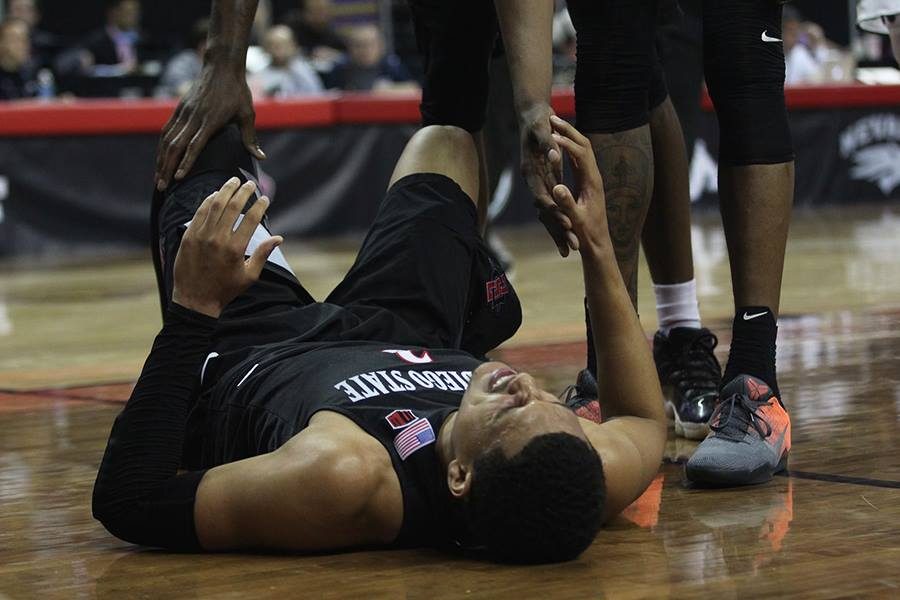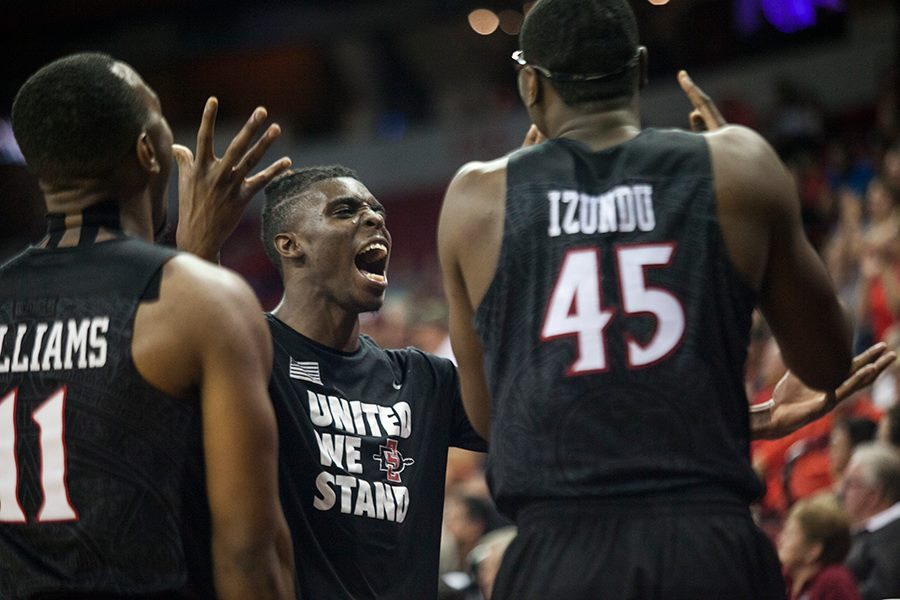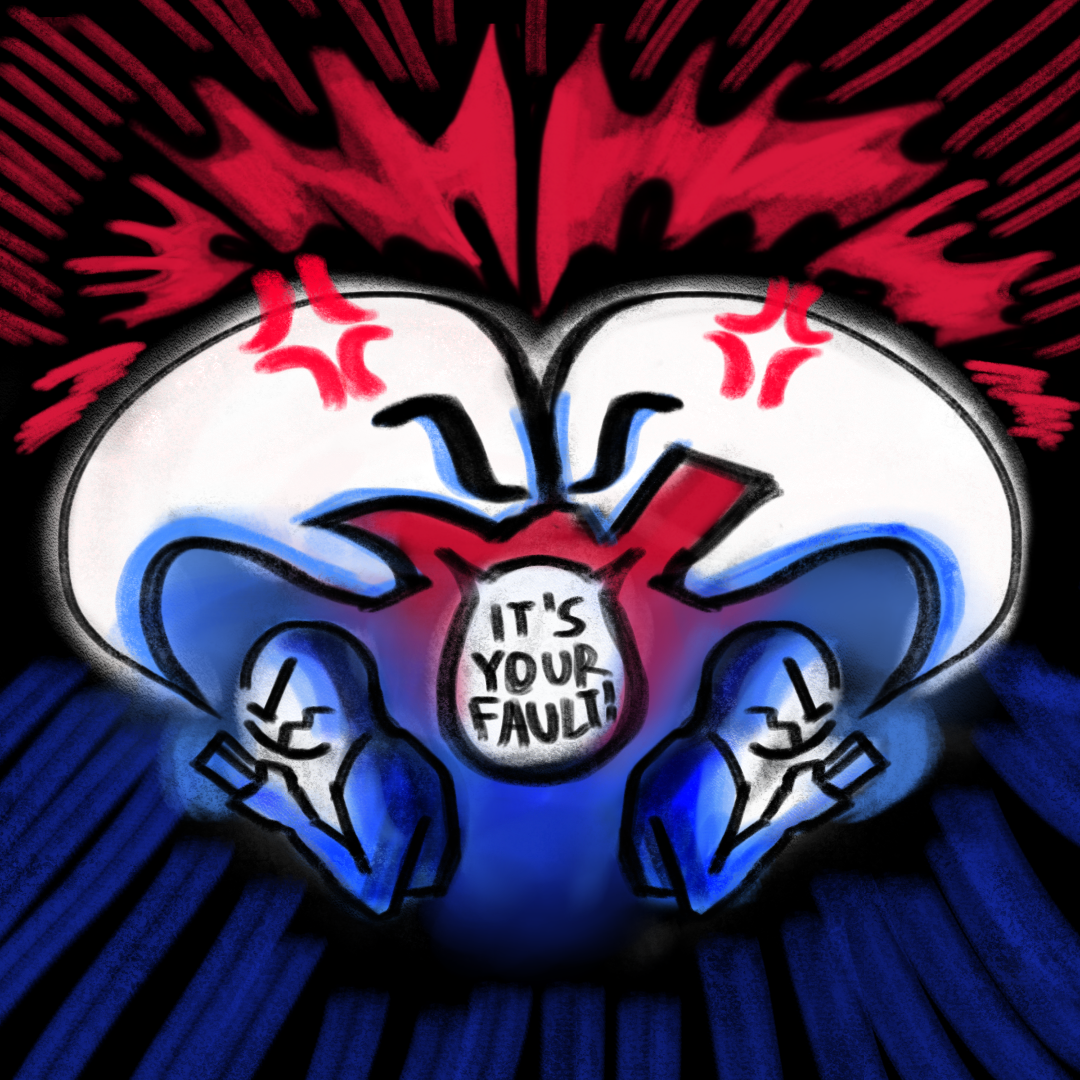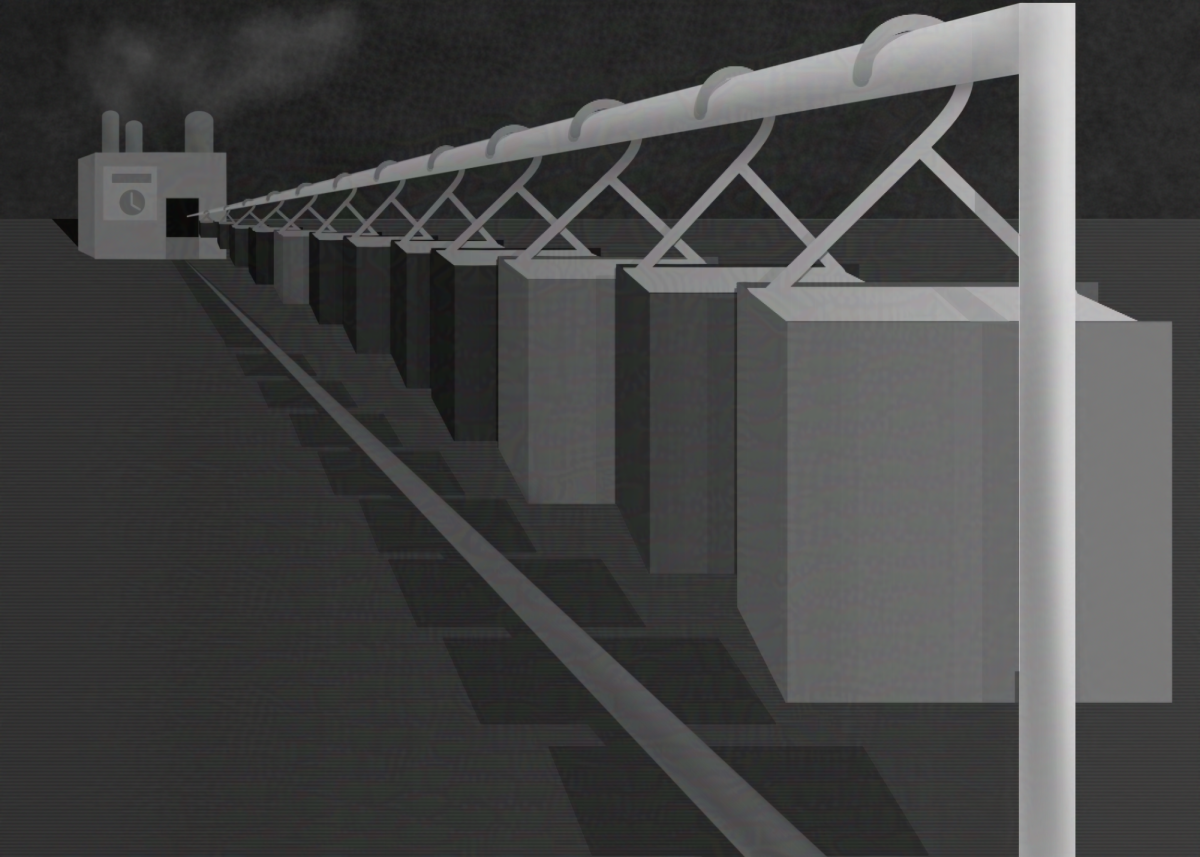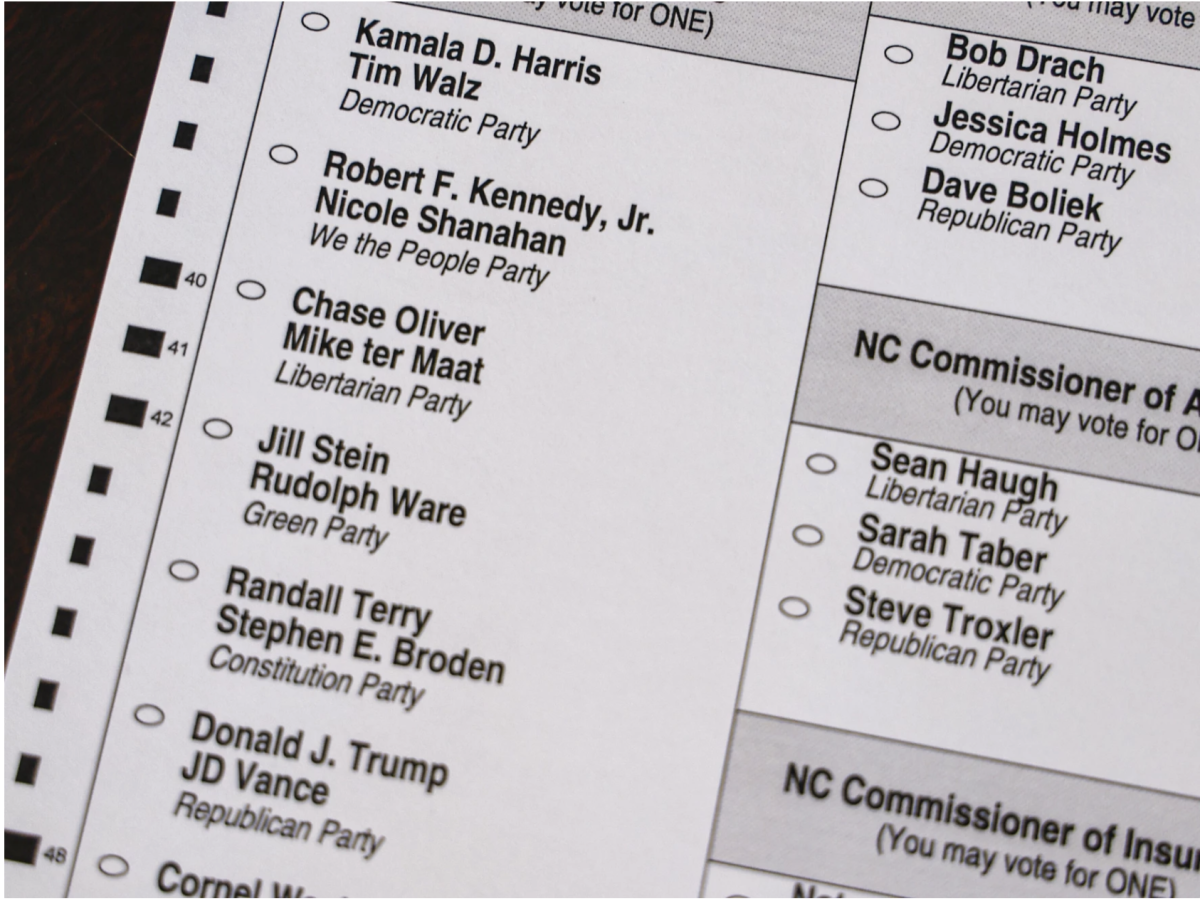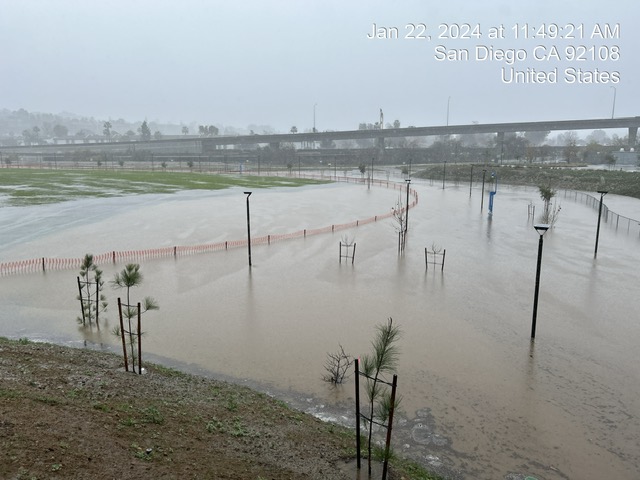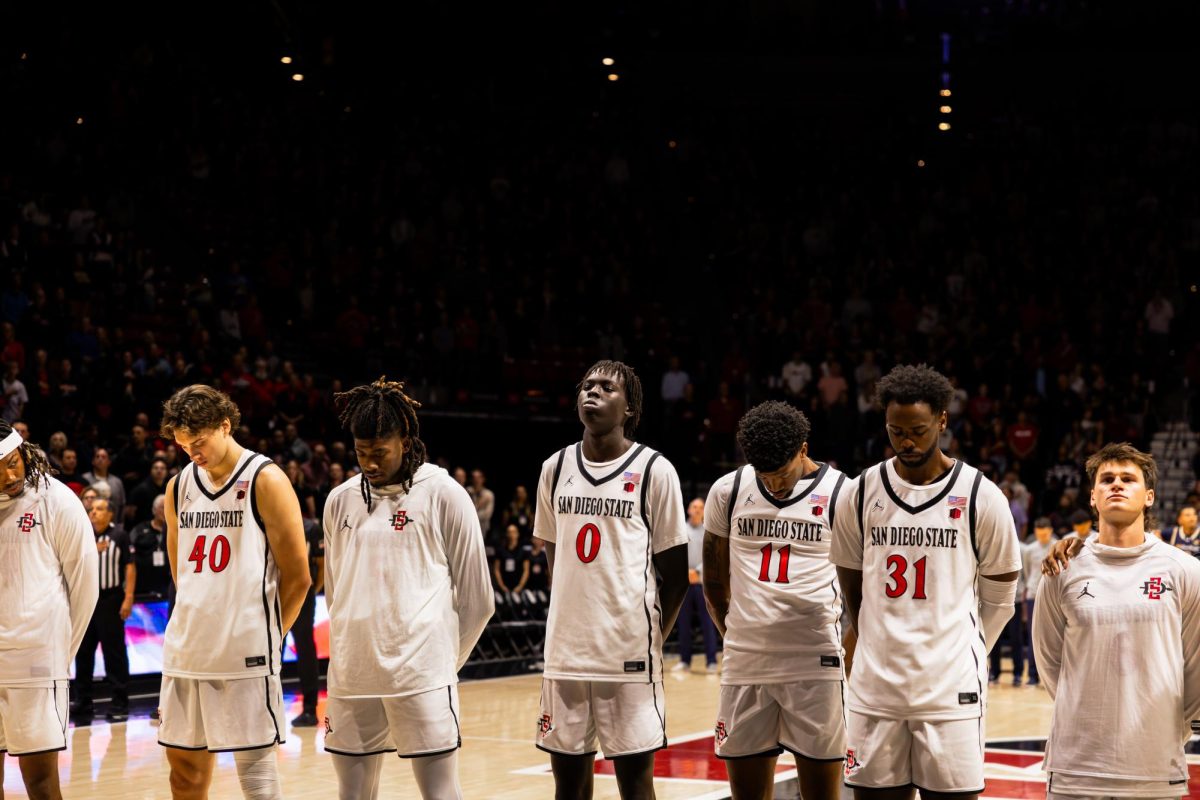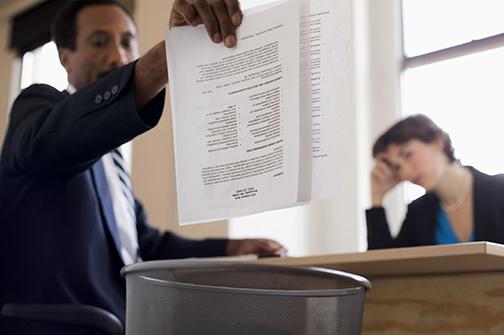
Ever had a professor whose make-up policy made you want to scream? I know I can’t be the only one who had a professor with some crazy policy, not allowing any assignment or exam to be turned in late. I also can’t be the only student who had some type of emergency and wasn’t able to complete an assignment vital to an acceptable grade. The fact there are students who are forced to have their grades hurt by legitimate, uncontrollable events occurring in their lives is not OK.
Unlike San Diego State’s cheating and plagiarism policy, which is regulated by the school, any make-up policy is at the discretion of the professor. This allows professors to be as strict or as lenient as they like, creating problems for a lot of students. Some professors are understanding of extenuating circumstances and allow their students to make up assignments on a case-by-case basis. Then there are professors who have no sympathy and suggest important events, such as funerals, are missed because they won’t make any exceptions — resulting in a failing grade.
SDSU should regulate its make-up work policy. What better way to solve all the problems students have with an extremely important policy, than to make it a standard campus-wide policy?
Students should still be required to provide some sort of proof of their emergencies to be excused from their classwork — as most professors require now — but there shouldn’t be any reason why an emergency should result in a dropping grade.
“Treat deadlines as you would in the real world as they have real world implications,” Amy Schmitz Weiss’ Journalism and Media Studies 220 syllabus states. “You would not miss a business meeting you are leading or not turn in a story to your editor when it is due or forget to turn in a report to your boss – would you? The same goes for this class – all deadlines are strictly enforced.”
This is the real world. Just because we aren’t working and are in school, doesn’t mean we don’t experience very real challenges life throws at us. If I was leading a business meeting, I’m sure my boss would understand if I had to attend a funeral, or was suddenly hospitalized. Due dates should be strictly enforced, but they should allow room for life’s curveballs.
“I was in the hospital with appendicitis last semester and failed a class because of it,” psychology sophomore Allison Gran said. “My teacher told me that she couldn’t make an exception for me because then she would have to make an exception for the rest of her students as well. The class grade was based off of just two tests, so because I had to miss the midterm, there was no way I could pass the class, even if I got 100 percent on the final.”
College students aren’t the most truthful bunch; I understand where professors are coming from when they make these policies. Many students will fake illness, or even deaths of loved ones to get out of assignments they procrastinated or tests they didn’t prepared for. But I can’t understand how a professor won’t recognize a student’s legitimate excuse.
Chava Friedberg was a sophomore when her brother passed away.
His policy on the syllabus was an automatic F for unexcused absences. And even for excused absences, you still would lose an entire letter grade from your score.
“I had found out about my brother Saturday morning,” theater, television and film junior Friedberg said. “I emailed him repeatedly as soon as I found out, asking to have a make-up exam, but I never got a reply. I had no choice but to stay for the midterm; I couldn’t risk not being excused and getting an F. I took the exam and got a low C, seeing as my brother’s passing disrupted my study. If I‘d been excused from the midterm, I would have had the chance to get an A.”
If SDSU took the time to formulate a make-up work policy and regulate it throughout its classes, students would be much more successful. No one can control what, or when, disasters happen in their lives, so why should we be punished for them? The solution is simple, it’s time for SDSU to realize this is a big flaw in their education policies and fix it.



